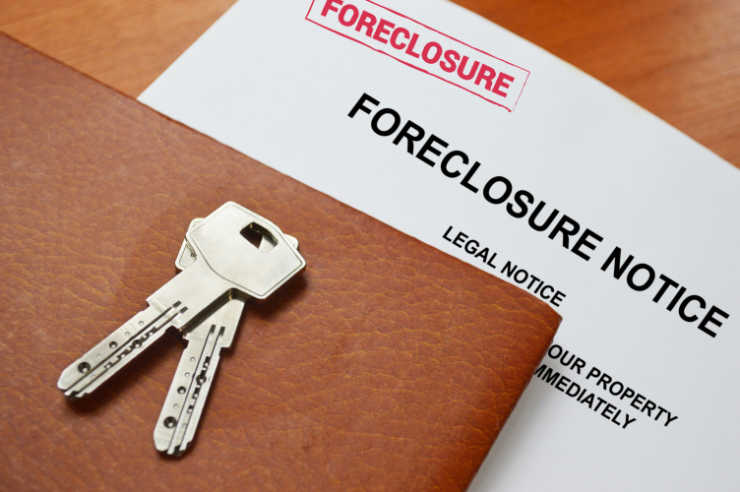
By VisualFood @ Shutterstock.com
The Wall Street Journal’s Will Parker, Konrad Putzier and Shane Shifflett explain the fate of Jay Gajavelli, and investors like him across America, who are reeling after using low-interest rates to fund their investment empires. They write:
Few investors rode the pandemic-era housing boom as high as Jay Gajavelli. Fewer still have fallen as far.
Before Gajavelli found his real-estate career, the 61-year-old immigrant from India was just another information-technology worker, putting in 60-hour weeks for a middling job in Dallas. Last year, Gajavelli’s company owned more than $500 million worth of Sunbelt apartment buildings with more than 7,000 units, and was one of Houston’s biggest landlords.
Over the past four years, Gajavelli built his real-estate empire using funds from dozens of small investors who wanted a chance to earn a landlord’s riches without any of the work. He pitched double-your-money returns in ebullient, can-do talks at investor conferences and on YouTube videos.
He described buying buildings with plans to upgrade units, raise rents and sell for a profit after as little as three years. The idea that everybody needs a place to live was the bedrock of Gajavelli’s pitch. “I never worry about [the] economy now,” Gajavelli told investors in a webinar presentation last year for his company, Applesway Investment Group. “Even if [the] economy goes down, still I make money.”
Gajavelli’s investors were, in fact, highly vulnerable to interest-rate increases over the past year that crushed the business model they and thousands of others in similar deals across the U.S. had hoped would make them wealthy. For them and a host of small investors —who were expecting a share of rents and a piece of the profit in an eventual sale—it is looking like a looming investment-property disaster.
In April, Gajavelli’s company lost more than 3,000 apartments at four rental complexes taken in foreclosure, one of the biggest commercial real-estate blowups since the financial crisis. Investors lost millions. Gajavelli didn’t respond to requests for comment.
His company had taken out commercial real-estate loans that carried floating interest rates and were adjusted each month. Those types of loans in 2021 offered initial rates as low as 3.5%. Everything changed when the Federal Reserve began raising rates last year, driving up monthly loan payments. Inflation contributed to higher expenses, and Applesway couldn’t raise rents fast enough to keep pace. After bills went unpaid, company properties went into foreclosure.
Read more here.
